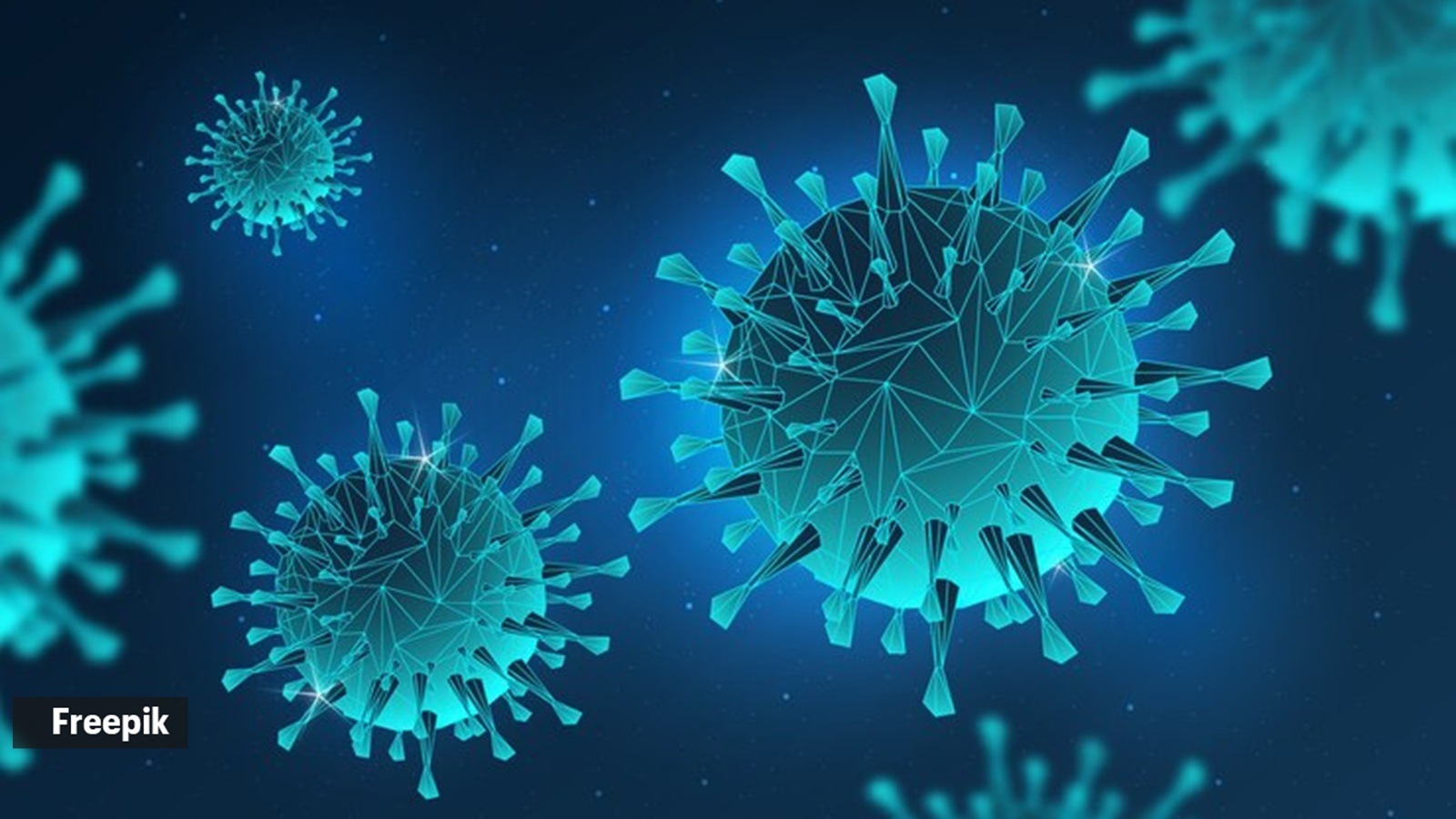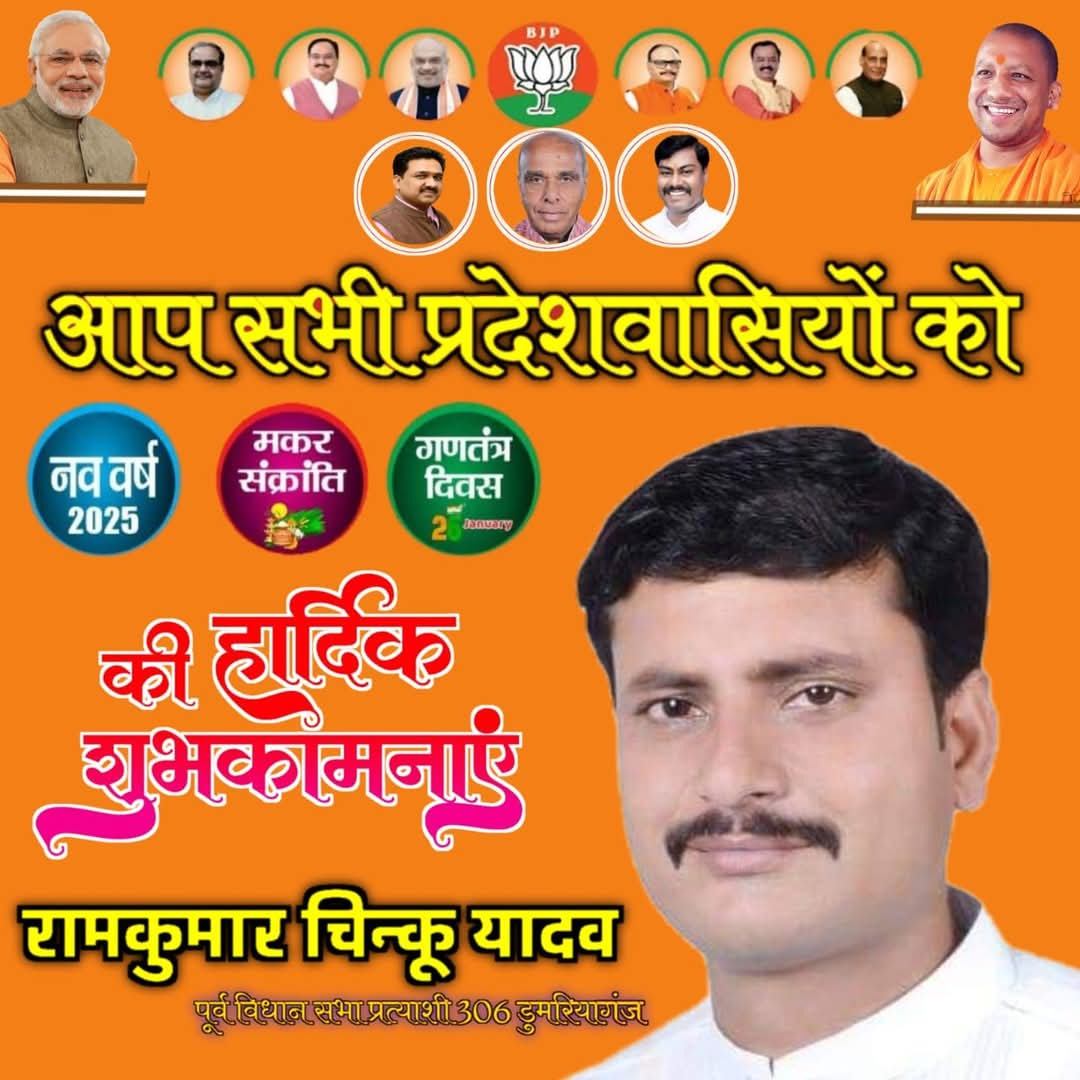Covid 19 JN 1 Variant Symptoms, Causes and Prevention: Shilpa Shirodkar has tested positive for Covid-19, which has once again been on the rise in South Asian countries like Singapore, Hong Kong, and India. The actor apprised everyone of the news on Instagram, where she wrote, “Hello People! I’ve been tested positive for COVID. Stay safe and wear your masks!”
According to multiple reports, the resurgence is driven by newly evolved Omicron sub-variants, particularly JN.1, with India reporting 257 cases on the Ministry of Health and Family Welfare’s Covid-19 dashboard.
Considering the rise in cases of the JN.1 variant, we consulted experts to understand the cause and precautions to stay safe in 2025.
Story continues below this ad
What is it?
The JN.1 variant is not entirely new, it is a sub-lineage of the Omicron variant that has been circulating globally for some time.
This variant is distinguished by its heightened transmissibility and potential to evade immune responses, even in the vaccinated population, said Dr Harish Chafle, senior consultant, intensivist chest physician, bronchoscopist and sleep disorders specialist, Gleneagles Hospital, Parel, Mumbai.
JN.1 is a sublineage of the Omicron variant and is currently under close observation by the World Health Organization (WHO), said Dr Ravi Shekhar Jha, pulmonologist, director pulmonology, MD, MRCP, Fortis Hospital, Faridabad.
Spread
It has been linked to recent infection surges in Singapore and Hong Kong. “In India, while no new wave has been confirmed, health authorities are monitoring the situation as cases reappear,” said Dr Jha.
Story continues below this ad
While it doesn’t appear to cause more severe illness compared to earlier strains, its rapid spread is concerning, especially among vulnerable populations (those with comorbidities, advanced age, and weakened immunity), pointed out Dr Chafle.
Like previous Covid-19 variants, JN.1 is most likely to affect individuals with weakened immune systems, the elderly, and those with underlying health conditions. “Children and healthy adults may also contract the virus but are expected to recover without major complications. As always, high-risk groups should remain particularly cautious and consider proactive protective measures,” said Dr Vikas Mittal, director, pulmonologist, CK Birla Hospital, Delhi.
 Take these precautions to stay safe (Photo: Freepik)
Take these precautions to stay safe (Photo: Freepik)
Symptoms
Symptoms can include fever, sore throat, runny nose, cough, loss of smell and taste, fatigue, and gastrointestinal issues like nausea and diarrhea, which are consistent with those reported for other Omicron subvariants, said Dr Jha.
“The severity of illness often depends more on an individual’s immunity and overall health than the specific variant. Omicron is the mildest variant that has attacked various countries, so panic is unnecessary. Taking usual precautions will be helpful for sure,” Dr Jha emphasised.
Story continues below this ad
Precautions
To prevent COVID-19, timely vaccination, including booster doses, wearing masks in crowded or poorly ventilated areas, maintaining personal and hand hygiene, and avoiding being around sick people are necessary.
Remember the three golden rules- masking, social distancing, and hand sanitising.
“Moreover, being vigilant while travelling in India or abroad is necessary. Wearing a mask is the need of the hour to protect from Covid-19. Get immediate diagnosis and take treatment if you have symptoms such as fever, sore throat, runny nose, and cough. Don’t delay treatment and follow the advice given by the expert; eat home-cooked healthy food to boost immunity,” said Dr Chafle.
DISCLAIMER: This article is based on information from the public domain and/or the experts we spoke to. Always consult your health practitioner before starting any routine.

























Ravi Shastri on Virat Kohli’s Test retirement: ‘If I had anything to do with it, I would have made him captain after Australia’